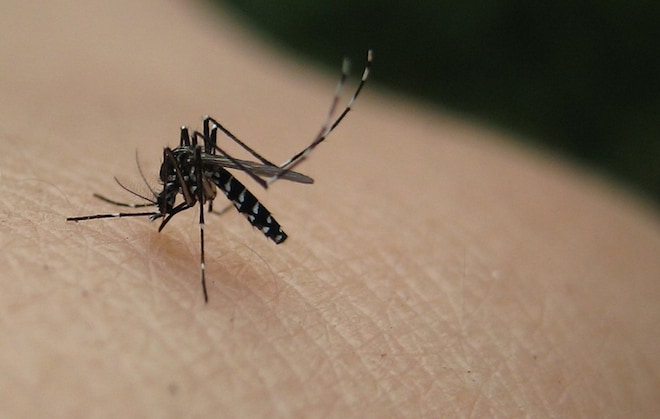
NatureGirl78 (CC), Flickr
If you happened to be reading state health departments’ outbreak announcements this past weekend, you might have seen something interesting.
(You don’t do this? Hmm.)
Three states — Rhode Island, North Carolina and Tennessee — all said that they have identified residents who have been diagnosed with the mosquito-borne tropical disease chikungunya. The states said all the victims had recently returned from the Caribbean, where the severe, painful illness has been spreading since late last year.
People in three states, all having visited the same place, all with the same illness: As a faithful armchair-epidemiologist, I couldn’t help but wonder whether they were linked in some manner, perhaps by a cruise or a church trip. As it turns out, the victims announced last weekend represent something more subtle and potentially more troubling: an increasing number of US residents acquiring the disease abroad and returning to the US with it — and posing the question of whether it will spread to mosquitos, and then to other humans, within this country’s borders.
What do I mean by “increasing”? This, for instance. The Centers for Disease Control and Prevention report chikungunya among US residents weekly on their website. Last week, the count for this year was 39. On Tuesday, it doubled, to 80.





